Lucas Holmquist's contributions
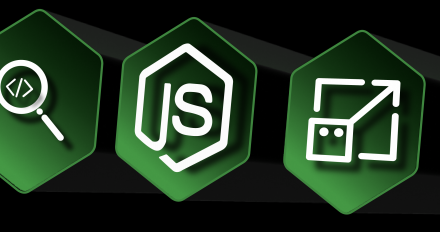
Blog
More Essential AI tutorials for Node.js Developers
Lucas Holmquist
More Essential AI tutorials for Node.js Developers
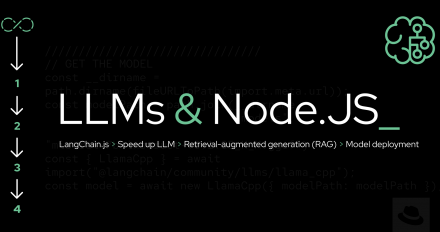
Article
Node.js function calling with LangGraph.js in Podman AI Lab
Lucas Holmquist
Get an introduction to AI function calling using Node.js and the LangGraph.js framework, now available in the Podman AI Lab extension.

Blog
Red Hat Build of Node.js Essentials
Lucas Holmquist
Things that are essential to know about the Red Hat build of Node.js.

Blog
Essential Node.js Observability Resources
Lucas Holmquist
A listing of Essential Node.js Observability Posts from Red Hat Developer and

Blog
Essential Buildpack resources for Node.js developers
Lucas Holmquist
A round up of Essential Buildpack resources for node.js developers
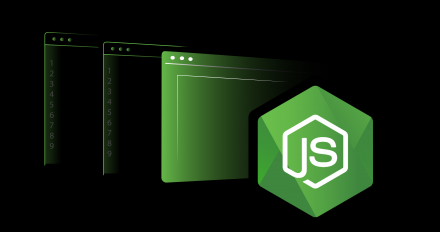
Blog
Essential Edge resources for Node.js Developers
Lucas Holmquist
Essential Edge resources for Node.js Developers
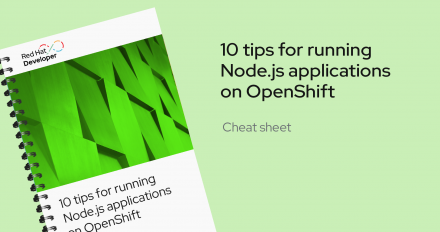
Blog
Essentials of Node.js and Openshift for Developers
Lucas Holmquist
A list of essentials for any Node.js developer looking to start deploying their
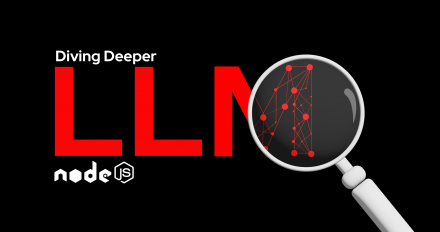
Blog
Exploring an insurance use case with AI and Node.js
Lucas Holmquist
Summary of all the Node.js AI posts on the parasol application

Blog
More Essential AI tutorials for Node.js Developers
Lucas Holmquist
More Essential AI tutorials for Node.js Developers

Article
Node.js function calling with LangGraph.js in Podman AI Lab
Lucas Holmquist
Get an introduction to AI function calling using Node.js and the LangGraph.js framework, now available in the Podman AI Lab extension.

Blog
Red Hat Build of Node.js Essentials
Lucas Holmquist
Things that are essential to know about the Red Hat build of Node.js.

Blog
Essential Node.js Observability Resources
Lucas Holmquist
A listing of Essential Node.js Observability Posts from Red Hat Developer and

Blog
Essential Buildpack resources for Node.js developers
Lucas Holmquist
A round up of Essential Buildpack resources for node.js developers

Blog
Essential Edge resources for Node.js Developers
Lucas Holmquist
Essential Edge resources for Node.js Developers

Blog
Essentials of Node.js and Openshift for Developers
Lucas Holmquist
A list of essentials for any Node.js developer looking to start deploying their

Blog
Exploring an insurance use case with AI and Node.js
Lucas Holmquist
Summary of all the Node.js AI posts on the parasol application

